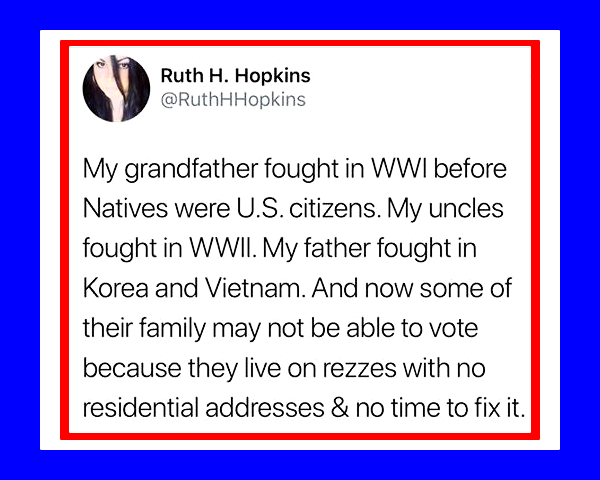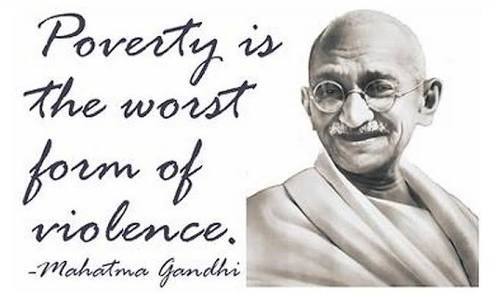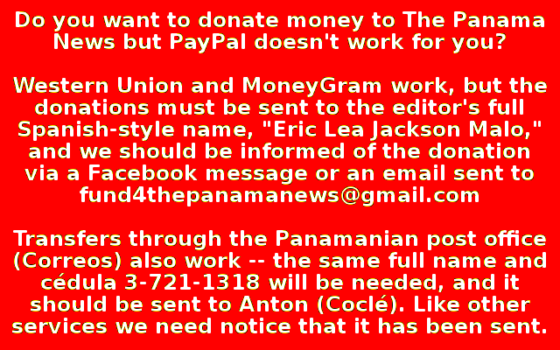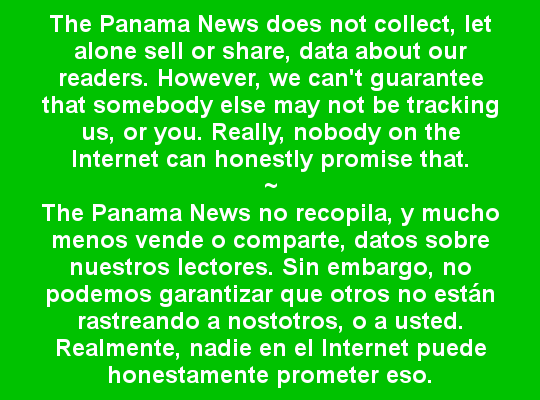‘…and to the banana republic…’
The 1980s academic literary craze about deconstructionism had a point, which was promptly carried to destructive or absurd extremes in some of the rarified circles in which it was taught or debated. The point was that one must look at a word, a phrase, a work of art or literature, not only at it was intended by its author but in the eyes of how people — who might be at a later time in another place — perceive its meaning.
One of the extremes was a movement to ban Mark Twain’s anti-racist masterpiece Huckleberry Finn from schools and public libraries. Ostensibly it was due to a name, words and phrases now considered to be expressions of racial hatred. The “deconstructed” perspective became an excuse for intellectually lazy people to neither read nor understand the work before condemning it. The flap advanced the sophomoric “gotcha” games that now pass for debate in US public discourse.
Then there is this phrase “banana republic,” which is a bit older than the jargon coming out of political science departments and into hawkish Washington rhetoric about “failed states.” Taken as malevolently simplified, the former phrase is a blanket racist dismissal of Latin American countries where bananas are grown, their governments and their people; while the latter sounds like some ill-mannered white teacher in Washington passing out grades to countries which his corporate paymaster dislikes.
However, as originally intended the “banana republic” was an example of what later came to be understood as a “failed state.” That is, a country with institutions so weak that its government could be ordered around by a single company, where any semblance of rights, freedom or democracy was at best window dressing and was quite often explicitly discarded. “Banana” as in how the United Fruit company became a law and power unto itself across parts of Latin America, with atrocious consequences for most of the people who lived under those regimes. But of the failed state a frequently cited example is Chicago and surrounding Cook County at the height of Al Capone’s power. It was gangster rule enforced by bribery and violence, no matter what the voters of that part of Illinois may have wished.
The thing about failed states is that they are vacuous. They tend to invite opportunistic foreign powers, brutal dictators and preposterous demagogues to fill the voids left by the missing legitimate governments and authoritative institutions. Often there are combinations of foreign interference, dictatorship and demagoguery at the same time. Like Guatemala’s comedian thug commander in chief, with soldiers lining up behind him as he defies the courts and prosecutors that would call him to account. Like Honduras since the 2009 coup.
The US “border crisis” is about Hondurans and to a lesser extent Guatemalans fleeing north, often with children in tow, because they fear for their lives, because the hoodlums who have moved in as the masters of their countries’ failed states consider them obstacles to be eliminated. So we see these caravans.
Donald Trump is now busy blaming Democrats and George Soros for the caravans, something completely at odds with the truth. Figure that the vile racist, the money launderer, the multi-level fraud artist who got to the White House after he asked for and received foreign assistance will get around to talking about “banana republics.” To him and his white supremacist followers it will be one more bit of inflammatory code.
But what about the United States? A hollowed-out economy, crumbling infrastructures, abused and ignored public institutions, a preposterous “reality TV” demagogue who would be dictator, a sticky fingered oligarchy calling the shots — the USA under Republican rule is ever more a banana republic. Even if it imports the bananas in US supermarkets from points south.
Now it seems that US voters may be offered the same kind of deal that the Honduran voters received. That’s what all the vote suppression tactics add up to.
Chinese loans
The Chinese system has its good points but also some bad ones, to the extent that the Chinese way is nothing that Panama should copy. China does not insist upon this as a condition of doing business.
The US system, which has some admirable traits and some terrible ones, is also nothing for Panama to copy. But in addition to foreign policy alignments upon which the United States often insists, there is this demand that Panama adopt “Washington Consensus” economic policies.
However, just because Panama can do business with China without accepting the austerity that US-dominated international financial institutions would have us adopt does not mean that China won’t insist that its loans be repaid. We don’t need reminders from abroad to know this.
The problem with Chinese loans is Panamanian. Do we hand our development issues to the Panama Canal Authority, whose board is under multiple clouds of corruption scandals? Do we use Chinese loans to put the families of the political caste on new payrolls? Do we squander Chinese credit on gleaming vanity projects instead of using it to increase and protect Panama’s productive capacities?
The construction companies and their financial allies have designs, but Panama has no plans worthy of the name. That’s the problem. Just running up the debt some more, this time with Chinese creditors, does not help Panama in the long run.
Bear in mind…
~ ~ ~
These announcements are interactive. Click on them for more information.















